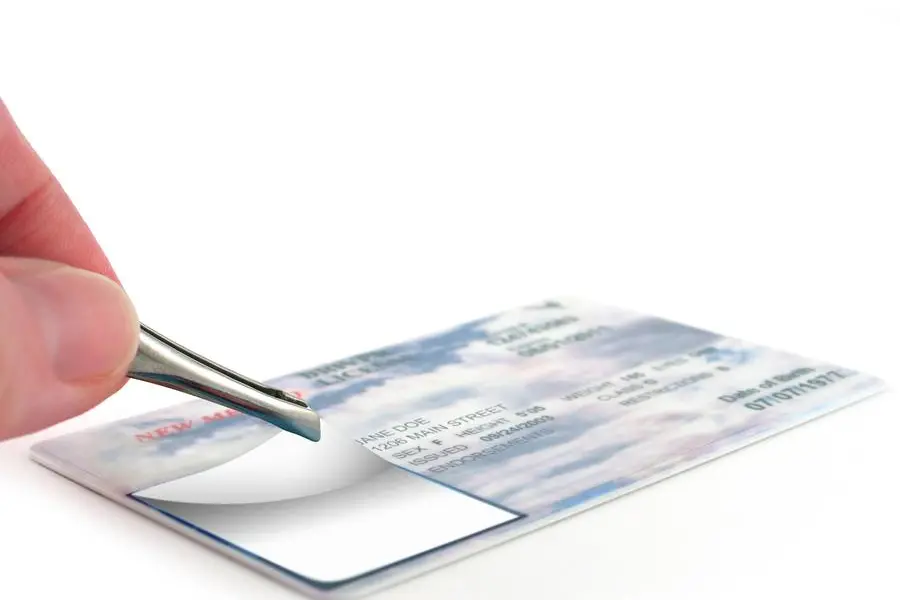PHOTO
NEW smart identity cards could be introduced to better differentiate between Bahrainis and expatriates, if councillors have their way.
They believe the current ones cause ‘confusion’ because they come in a unified colour that only displays the nationality and a small flag icon.
They claim the new initiative would improve the efficiency of administrative processes, reduce identification errors and streamline various services that require identity verification.
The proposal is spearheaded by Southern Municipal Council chairman Abdulla Abdullatif.
“Currently, Bahrain’s identity cards for both citizens and expatriates share a similar appearance, creating challenges in situations where distinguishing between the two groups is necessary,” claimed Mr Abdullatif.
“This has led to frequent mix-ups in administrative tasks, service eligibility verification, and even in emergency situations where an identification is required quickly.
“The move to introduce differentiated smart identity cards should come as part of a broader government move to modernise the nation’s identification system and improve service delivery.”
Mr Abdullatif suggested the new identity cards incorporate distinct features to ‘visually differentiate between Bahrainis and expatriates’.
“These features may include different colours, unique design elements, or symbols that clearly identify the cardholder’s status as a citizen or a non-citizen,” he explained. “In addition to visual distinctions, the smart identity cards could also come with advanced technological functionalities.
“These may include embedded chips for storing biometric data, digital authentication features for secure online transactions, and the capability to integrate with various government and private sector services.
“The smart technology aims to enhance security and reduce the risk of identity fraud, providing a robust solution for identification purposes.”
Mr Abdullatif is convinced new style cards would offer major benefits. “They would facilitate quicker identification in government offices, healthcare facilities and other service points,” he said.
“This will help reduce the time spent verifying the eligibility of individuals for certain services, particularly those reserved for citizens.
“By incorporating smart technology, the new cards will help minimise identity theft and fraudulent activities. Biometric data and digital authentication capabilities will add extra layers of security.”
He added that differentiating between citizens and expatriates would improve the distribution of government subsidies, social benefits and services specifically targeted for Bahrainis.
“In cases where identification is needed quickly, such as medical emergencies or law enforcement situations, the new cards could also help responders promptly distinguish between citizens and expatriates.”
Mr Abdullatif acknowledged while the initiative may raise concerns about possible ‘social implications’ in the wake of solving ‘existing identification challenges’.
“Critics may worry that the visible distinction between Bahrainis and expatriates could foster a sense of division or discrimination,” he stressed. “To mitigate these concerns, the government would have to ensure that the primary focus remains on administrative efficiency and security while emphasising the fair treatment of all residents.”
“Public awareness campaigns and clear communication about the purpose and use of the new smart identity cards would be crucial to address any misconceptions.
“Existing identification cards could be gradually phased out as the new system becomes fully implemented,” he said.
mohammed@gdnmedia.bh
Copyright 2022 Al Hilal Publishing and Marketing Group Provided by SyndiGate Media Inc. (Syndigate.info).




















